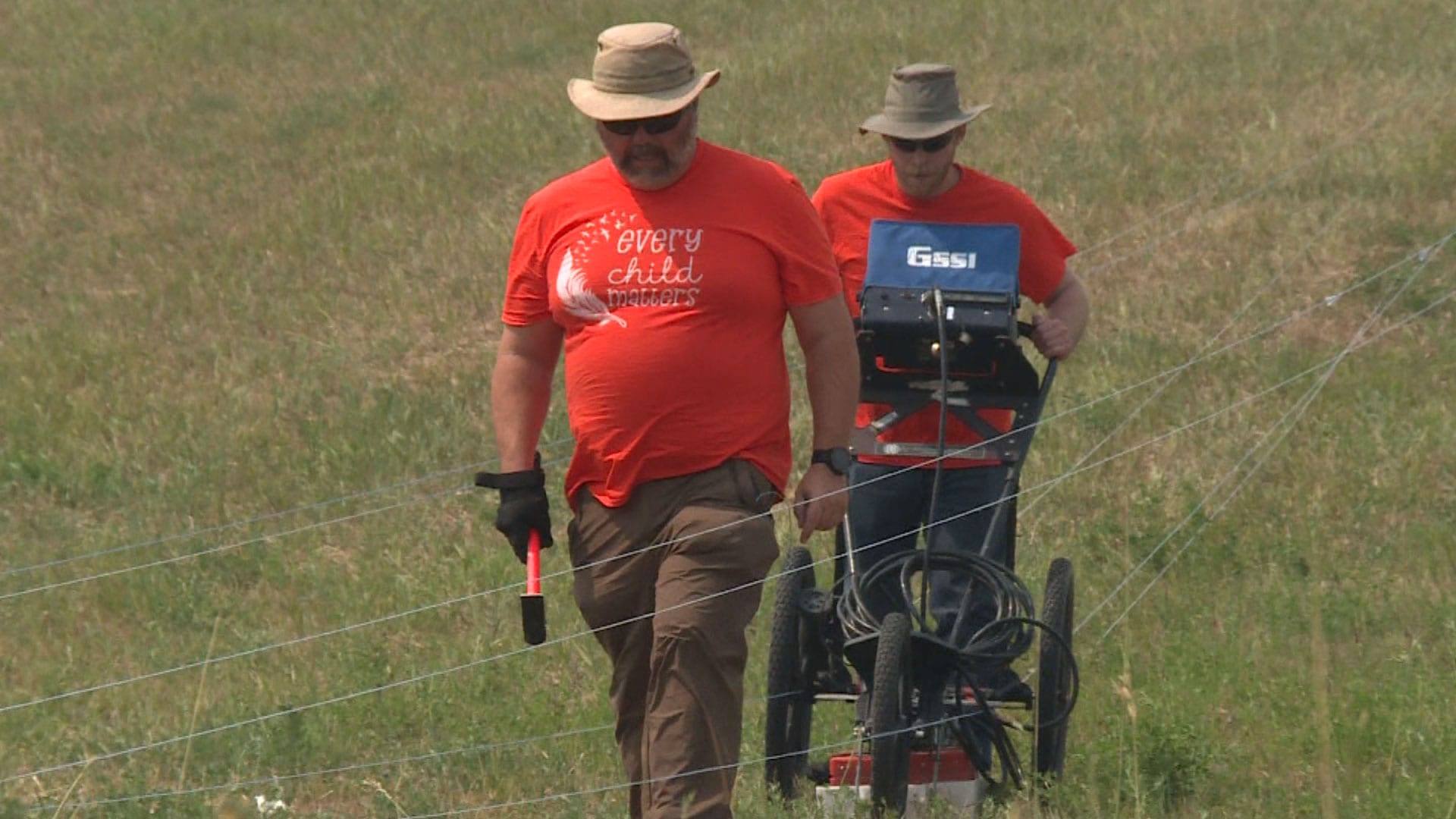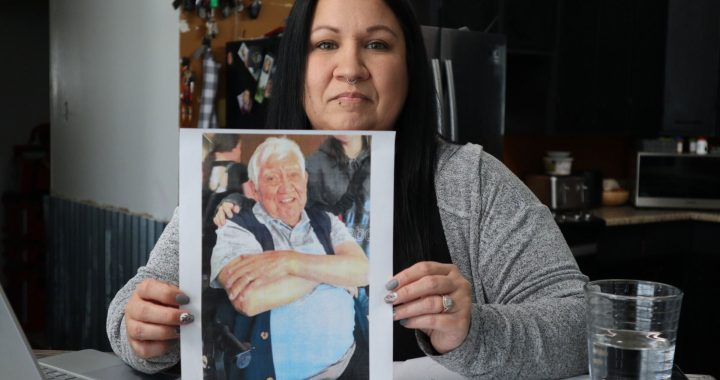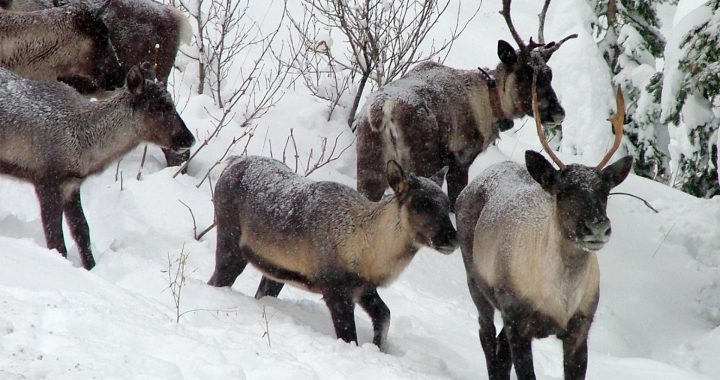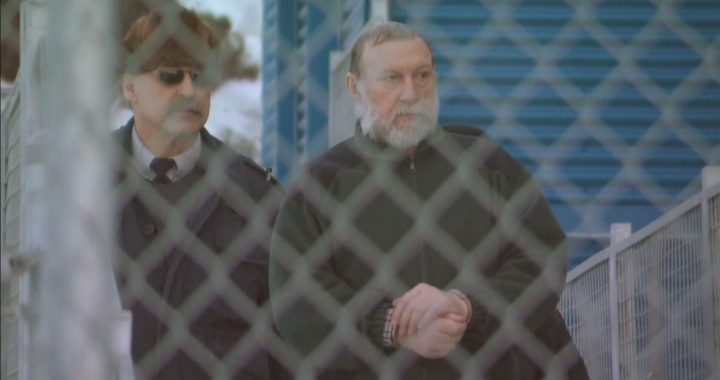This past weekend SNC-Lavalin started a ground-penetrating radar search for unmarked graves at the former Delmas Indian Residential School site in Saskatchewan after the Battleford Agency Tribal Chiefs (BATC) held a ceremony there in June.
The community of Delmas is located about 165 kms northwest of Saskatoon and the school was run by the Roman Catholic Church from 1901 until it burned down in 1948. The school was also known as St. Henry’s and Thunderchild Indian Residential school. The site where the school once stood is now private land and the owners gave permission for the search to be done.
Jenny Spyglass, senator with the Federation of Sovereign Indigenous Nations, was at the site over the weekend while they searched for unmarked graves. Spyglass attended the residential school when she was a little girl. She remembers being taken there at the age of four.
“When I came here, there was no love. When I came here, there was punishment for being who I am,” said Spyglass. The survivor who will be 80 in November says she remembers how the boys and girls were separated.
She says they didn’t let her interact with her brothers. She remembers how she was punished for hugging them.
“I seen my brother Martin and my brother Reggie, the one that passed away in here. I remember they were across. Nobody was going to stop me, I ran right across, I ran to my brothers, I hugged both of them,” said Spyglass.
“For hugging my brothers, they put me in the basement, they locked me up there. I didn’t know if I was going to come out. I was sweating, I remember I was crying, I fell asleep, I was hungry, I wanted water and I kept yelling and yelling and somebody came and took me out from there.”

Karen Whitecalf says BATC started the process of searching the area in June by initially holding a traditional ceremony. SNC-Lavalin offered to search the area of the old school site for unmarked graves at no cost.
“The SNC right now are doing a ground-penetrating radar. Once they’ve collected the data, they will report back to the tribal council and we will share the information with everybody. We made this public because we are tired of keeping secrets. Canada kept us a secret for so long,” said Whitecalf.
Whitecalf says it’s important to have the search open to the public.
“It’s time that these secrets are revealed and to be shared with everybody — to be shared with the public, with our First Nations, with Delmas. This is the first stage, and this is the first stage of healing. I feel a very good energy here.”
Spyglass says it’s important that people know the truth and says our youth need to be grateful for family and respect their parents.
“You young people, be thankful you have parents you have loved ones with you.”
She says she missed her mom and dad so much when she was at residential school.
The school tried to take away her identity, but she now has her culture and language. She says that the residential schools did not break her even though her little brother Reggie never made it back home. She is glad she gave him that last hug.
“Today I am proud of who I am. I got my culture back. I speak my language,” said Spyglass.
It’s not known yet when the results of the search for unmarked grave will be made public. It’s a large area will be challenging to search because part of the site is across the highway.
A National Residential School Crisis Line has been set up to provide support to former students. This 24-Hour crisis line can be accessed at: 1-866-925-4419.










